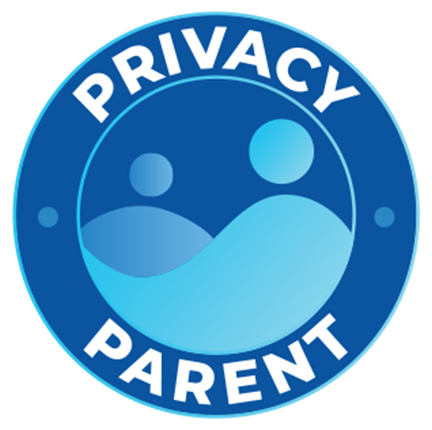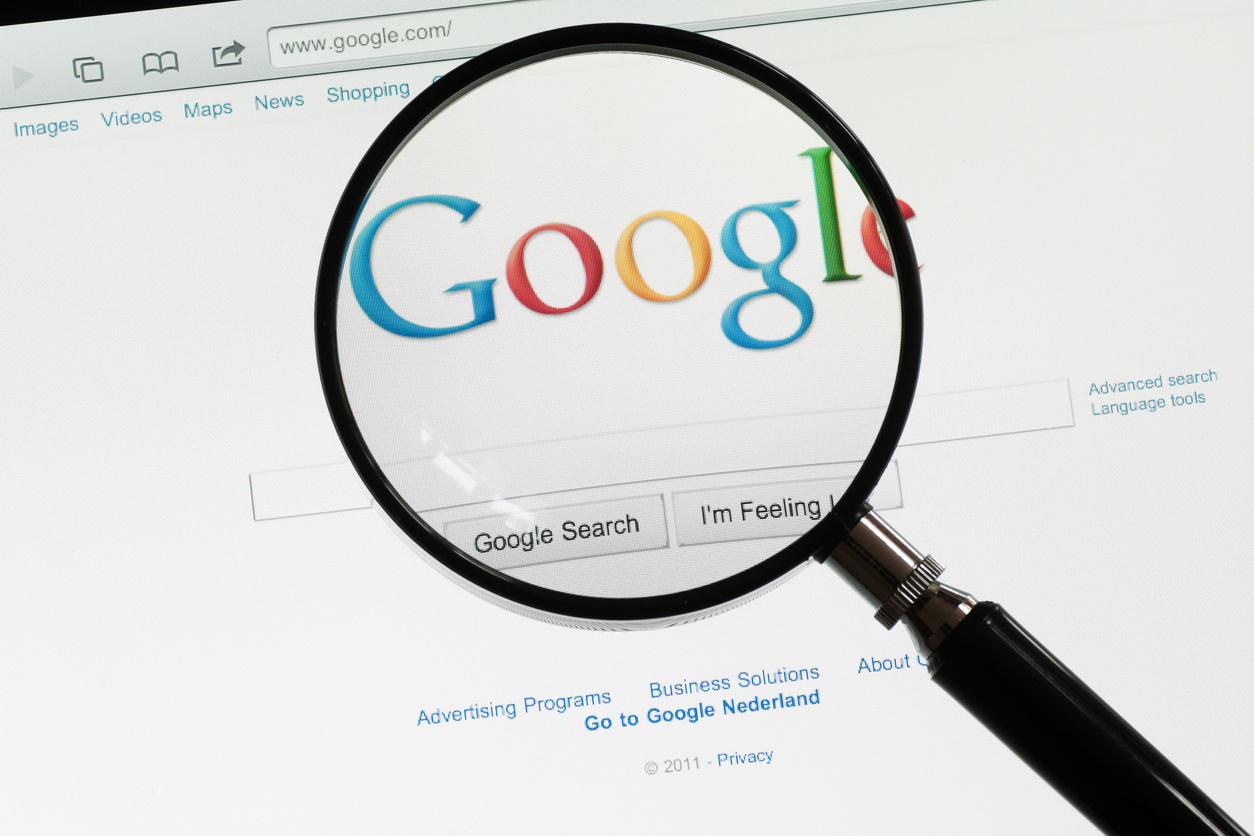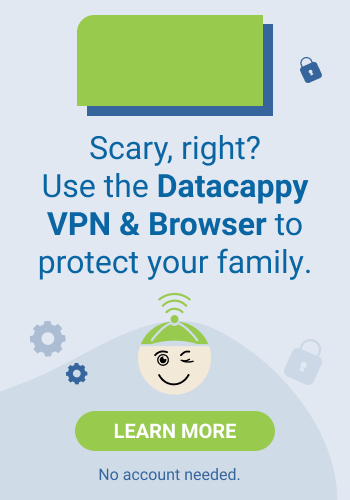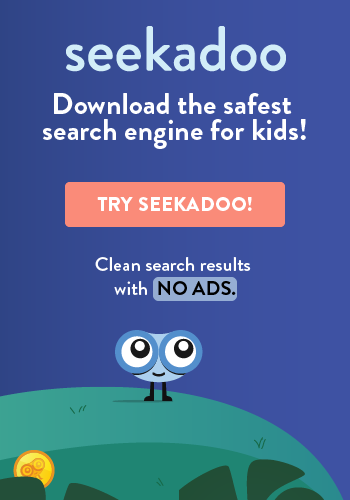
In the digital world, free isn’t free. It may appear to be. You probably didn’t pay anyone for your email address. The invitation you sent to a dozen friends didn’t cost you a dime. Those terrifying rogue-wave videos you watched when you couldn’t sleep? The open Wifi signal at the coffee shop? No fees, but not without a price.
Just about every service you engage online comes at a cost. It may not be rendered in cash, but it’s there.
Wifi for the Price of Risk
The Free WiFi sticker in the window of your neighborhood coffee shop welcomes you to open your laptop and browse while you sip. It’s a nice idea, until you realize that WiFi signal is open to anyone and totally unprotected. Using it can leave you vulnerable to hacks. Here’s something else to consider: Anyone can set up a free WiFi hotspot. How do you know the one you’re logging onto is safe? You don’t. That risk is a cost. (Here’s a better option: Buy and use a VPN.)
Email and Social Media for the Price of Data
Your email feels free, but it isn’t. The company that provides it, be it Google or Yahoo or nearly any of the others, culls from it untold bytes of personal information about you. Same goes for your social media accounts. Facebook, Instagram and Twitter give you the ability to share pictures, thoughts and memes; you give them data. Lots of it. That information can be shaped into a fairly detailed profile of you and your habits. Notice how the ads you see online seem tailored to your specific interests? There’s a reason for that.
Apps for the Price of Information
Many apps work this way, too. In exchange for a service, they get access to you and your information. Often you can adjust your settings to restrict their reach, but that step is up to you to take. Geolocation data (your place in space, basically) is highly sought after. Apps that would seem to have no need to know where you are gather that data to sell to companies—retail marketers, say—who are quite interested in where you go over the course of a day.
All these services—and plenty others—have a cost: your privacy and digital security among them. You don’t have to be scared. Just aware. If you use something advertised as free, assume there is an exchange occurring. Know that rarely do you receive anything for nothing. Even Privacy Parent isn’t purely free: Our parent company developed and sells a kid-safe web browser. We think it’s terrific and useful—and it costs a few dollars a year. Those sales help fund this site. Free isn’t free.






